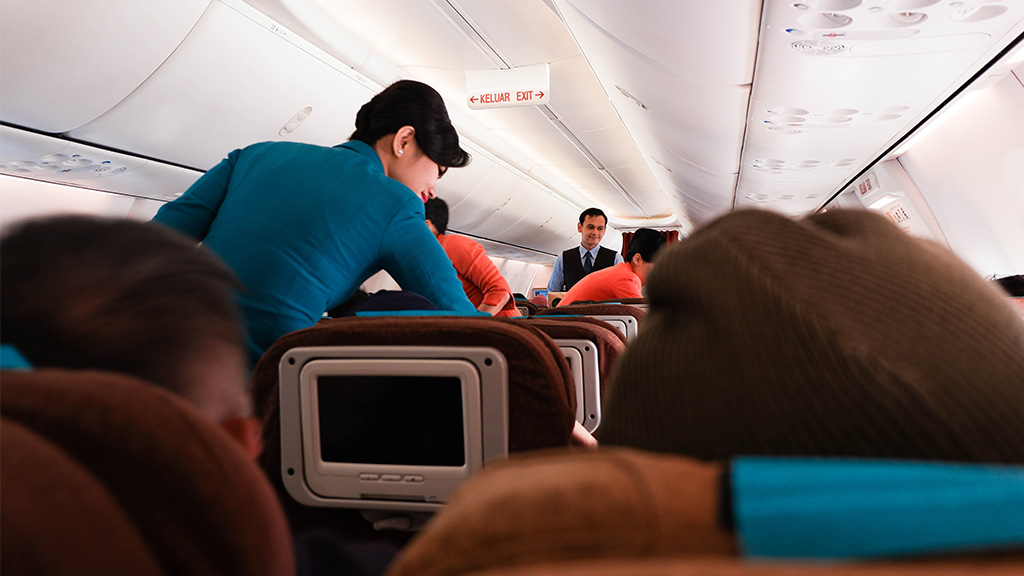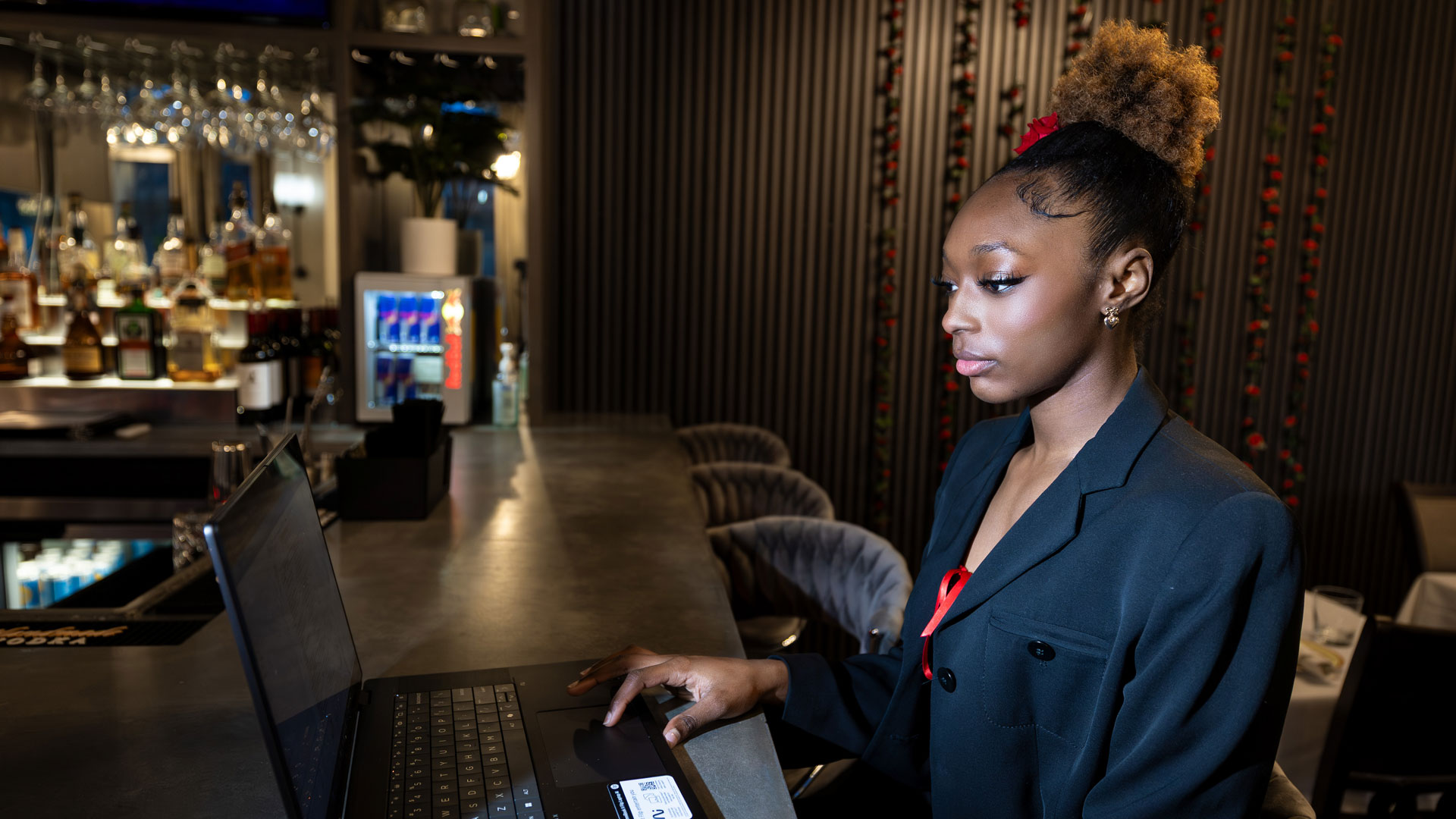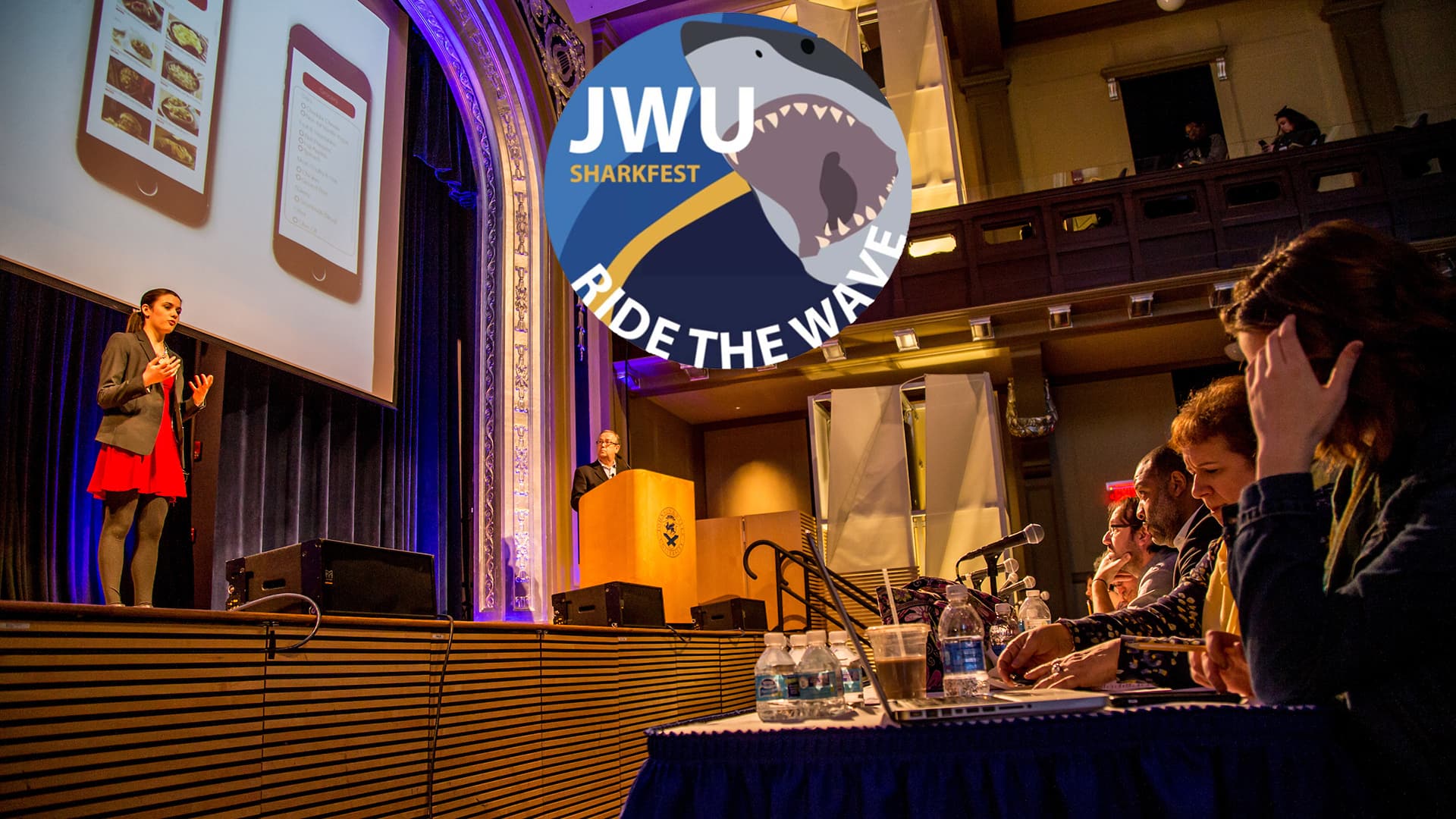What Will Travel Look Like in 2023?
Associate Professor Katie Davin teaches courses in sales, marketing and hotel management in JWU’s College of Hospitality Management.
Traveling for fun or business in 2023 will be a better experience than it has been in years. Despite the gloomy reports of labor shortages and airline problems (such as Southwest’s holiday meltdown), the hospitality industry has looked upon such challenges as opportunities to innovate, renovate and create. If you’re thinking about taking some trips this year, you can expect better service, more control and new options for interesting experiences.

Solutions to staffing shortages are on the horizon.
Three Travel Predictions for 2023
1. Better Service
Staffing is improving. It’s true that the labor shortage is expected to continue. Most of us have lowered our expectations when shopping, dining out and traveling, because we know that staff is hard to find and keep. However, according to Hospitality Sales & Marketing Association International (HSMAI), some hotel executives are reporting “an easing in the labor shortages” and many also reported that some hospitality associates who left the industry are coming back.
While attending HSMAI’s Sales Advisory Board meeting in December, I spoke to several leaders who described examples of staff members and managers who had left the hotel business during pandemic lockdowns and furloughs, only to return after discovering how much they missed the excitement and variety of working in hospitality.
One solution to the labor shortage that hotels and restaurants are implementing is the use of “gig” workers. Skilled freelance cooks, bartenders, servers and event workers can pick up shifts when and where they want them, through a growing number of gig-staffing apps. As Richard Garcia of Remington Hotels said in Hotel Executive, “Through these apps, they are also given an option of when they would like to be paid, e.g. at the end of the shift or at the end of the week. Many people who are searching for more flexibility in their professional lives find this avenue helpful.”
A major service advantage of having adequate staff is that managers can actually lead their teams and take time to make decisions, rather than filling in for missing workers. Such a functional setup leads to a well-run organization and better customer service.

Hospitality brands are exploring high-tech ways like apps to serve customers.
2. More Control
Another way that service is improving is through technology. Hospitality companies are getting more creative in using technology to deliver service to customers, giving the customers more control over getting their needs and wants met. The hospitality industry of the past lagged behind other industries in technology development and applications, probably because leaders thought that a machine could never replace the warmth and welcome that a human could provide. While that is true for many tasks — we need humans in hospitality — guests typically do not crave a personal conversation when making a simple reservation, requesting more towels or checking out.
An example of ever-improving technology in hotels is the “mobile key” option, enabling guests to use their phone as a room key. This option allows hotel guests to bypass in-person check-in at the front desk and eliminates the need to carry a key when they are not in the room. Once a guest is in the room, many hotels offer apps, in-room tablets or text-messaging platforms, which provide options to make quick and easy requests instead of waiting for an available employee to answer a phone.
Read More >>> Six Reasons to Pursue a Career in the Hospitality Industry
Travelers who check their bags can use Bluetooth trackers to find lost or delayed luggage. My tracker certainly gave me reassurance on a recent trip when I left Denver but my bag didn’t. I monitored my bag’s route back to me, using my AirTag and the airline’s luggage tracking service.
An additional element of control for the traveler is the ability to see what to expect in advance. Hospitality products — such as a vacation, a flight or a luxury night out — are intangible. Customers can’t try the products in advance and return them if they don’t like them. Therefore, hospitality companies are providing videos, pictures and even virtual-reality views of their products on their websites so that customers can see what they are going to experience and imagine what it will be like to be there.

Remote locations where travelers can immerse themselves in nature will be more sought out than ever before.
3. Interesting Experiences
Travelers are looking for new ways to experience the world and travel providers are responding with a variety of offerings. Booking.com predicts “creative reimagination of travel” in 2023, forecasting that travelers will want off-grid experiences, vacations that shock and delight and fully immersive experiences to attain “peace and pleasure.”
Read More >>> Top 10 Reasons to Study Tourism (Some May Surprise You)
Another of Booking.com’s predictions is the desire for nostalgic getaways — such as theme parks and retro destinations. One way that travelers can get that nostalgic experience is staying in a vintage motel with modern conveniences, such as The Briarcliff Motel in the Berkshires and The Thunderbird Inn in Savannah. Or they can experience classic luxury by staying in an old mansion, such as the majestic Oheka Castle on Long Island.
Booking.com’s 2023 predictions extend to business travel too, predicting that companies will search for “great company escapes,” retreats designed to build relationships and strengthen teamwork. Resorts and conference centers are ready to accommodate such retreats, and many are perfectly designed for team building and relaxation. An example is Dunton Hot Springs, an exclusive resort and restored ghost town in Colorado. The entire town can be reserved for groups such as corporate retreats and family reunions. 2023 is the year for fun travel and fewer frustrations. As travelers look forward to their journeys, hospitality providers anticipate welcoming them with warmth and memorable experiences.



